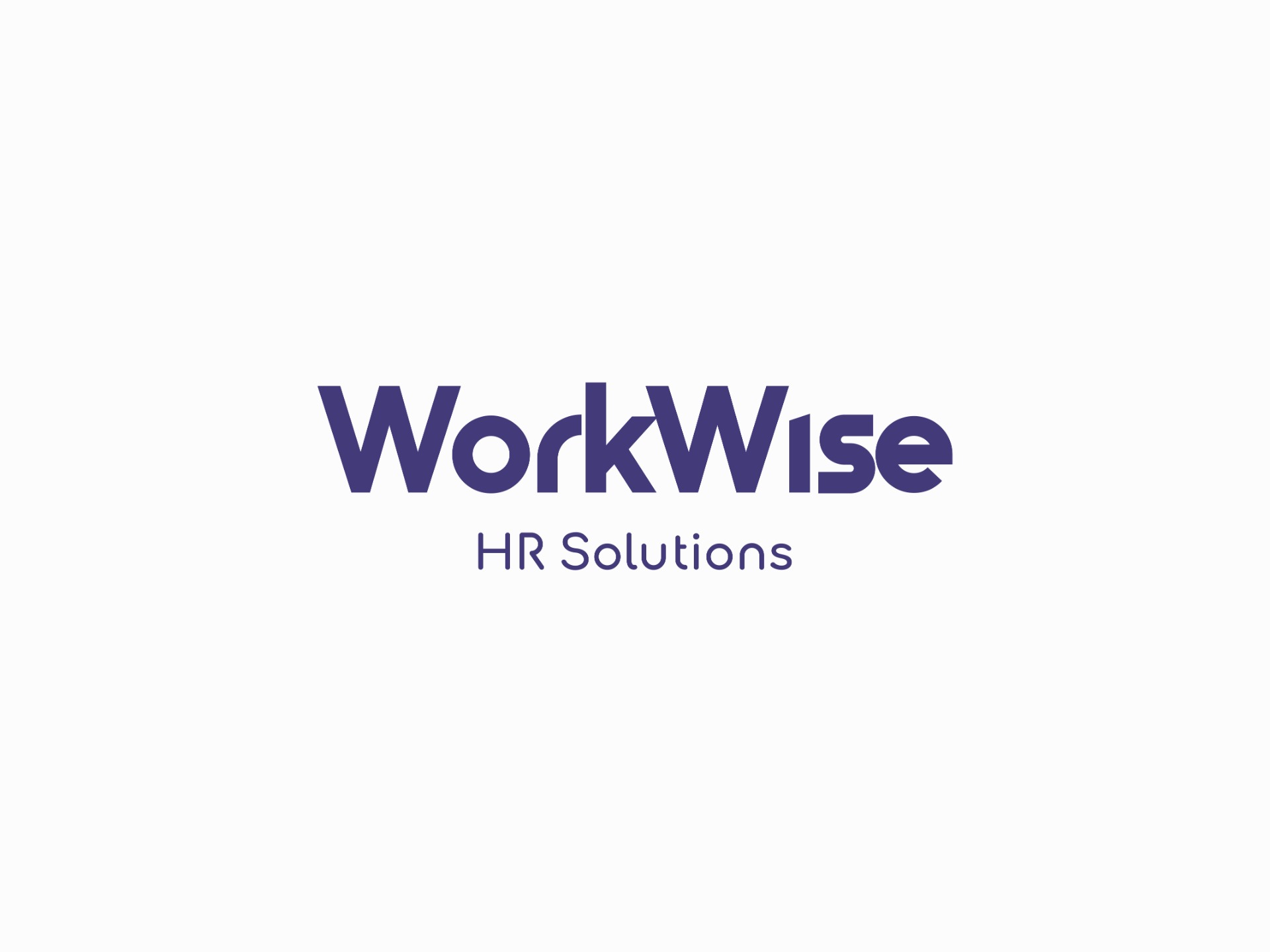Understanding Leave Entitlements in Ireland
As a manager or business owner in Ireland, understanding employee leave entitlements is essential for fostering a compliant and supportive workplace. Leave entitlements are not just legal obligations—they are also opportunities to build trust and loyalty among your team. This guide outlines the key types of leave in Ireland, helping you navigate the complexities of employment law while ensuring your employees feel valued and supported.
Annual Leave
Under the Organisation of Working Time Act 1997, employees are entitled to a minimum of paid annual leave per year. This entitlement applies to full-time, part-time, temporary, and casual workers. Annual leave is calculated based on hours worked, with the greater of the following methods applied:
4 working weeks if the employee works at least 1,365 hours in a leave year.
1/3 of a working week for each calendar month in which the employee works at least 117 hours.
8% of the hours worked in a leave year, up to a maximum of 4 working weeks.
Employers have the discretion to schedule annual leave, but they must consider both business needs and the employee's need for rest. Employees are also entitled to an unbroken two-week period of leave if they have worked for at least eight months.
Public Holidays
Ireland has 10 public holidays annually, including St. Patrick's Day, Christmas Day, and the newly introduced St. Brigid's Day. Employees are entitled to one of the following benefits for a public holiday:
A paid day off.
An additional day of annual leave.
An additional day's pay.
A paid day off within a month of the public holiday.
Part-time employees qualify for public holiday benefits if they have worked at least 40 hours in the five weeks preceding the holiday. It's important to note that Good Friday is not a public holiday in Ireland.
Protected Leaves
Protected leaves ensure employees can take time off for significant life events without fear of losing their job. These include:
Maternity Leave: Employees are entitled to 26 weeks of maternity leave, regardless of their length of service, with an optional 16 weeks of unpaid leave.
Paternity Leave: Fathers or partners of the birthing parent/adoptive parent are entitled to 2 weeks of paid leave, to be taken within 26 weeks of the child's birth or adoption placement.
Adoptive Leave: 24 weeks of leave for adoptive parents, with an optional 16 weeks of unpaid leave.
Parental Leave: 26 weeks of unpaid leave per child, available until the child turns 12 (or 16 for children with disabilities).
Parent's Leave: 9 weeks leave during the first two years of a child's life.
Carer's Leave: Employees can take up to 104 weeks of unpaid leave to provide full-time care for someone in need due to illness or disability.
These leaves are critical for supporting employees during key life transitions and ensuring compliance with employment law.
Force Majeure Leave
Force majeure leave allows employees to take paid time off from their employer for urgent family reasons, such as the sudden illness or injury of a close family member. Employees are entitled to:
Up to 3 days in any 12-month period.
A total of 5 days in any 36-month period.
This leave is designed for emergencies where the employee's immediate presence is indispensable.
Leave for Medical Care Purposes
Introduced under the Work Life Balance and Miscellaneous Provisions Act 2023, this leave allows employees to take up to 5 days of unpaid leave per year to provide significant care or support to a family member or household member with a serious medical condition. While unpaid, this leave is a vital support mechanism for employees dealing with medical emergencies.
Domestic Violence Leave
Since November 2023, employees experiencing domestic violence are entitled to 5 days of paid leave from their employer per year. This leave can be used for medical visits, legal proceedings, counselling, or finding alternative accommodation. Employers are encouraged to handle such requests with sensitivity and confidentiality, fostering a safe and supportive environment for affected employees.
Statutory Sick Pay (SSP)
Under the Sick Leave Act 2022, employees are entitled to 5 days of paid sick leave per year (as of 2025), paid at 70% of their normal daily wage, up to a maximum of €110 per day. To qualify, employees must:
Have worked for the employer for at least 13 weeks.
Provide a medical certificate.
Employers can offer more generous sick pay schemes, but they cannot provide less than the statutory minimum.
Why Leave Entitlements Matter
Providing clear and compliant leave policies is not just about meeting legal requirements—it's about creating a workplace culture that values and supports employees. By understanding and implementing these entitlements, you can:
Build trust and loyalty among your team.
Reduce absenteeism and improve morale.
Protect your business from legal disputes.
Final Thoughts
Navigating leave entitlements in Ireland can be complex, but it's a crucial aspect of effective people management. By staying informed and proactive, you can ensure compliance while fostering a supportive and productive workplace. If you need assistance with policy creation, compliance, or HR advisory, consider partnering with us and we can guide you through the process and help you build a stronger foundation for your business.

Contact us: Info@workwisehr.ie

